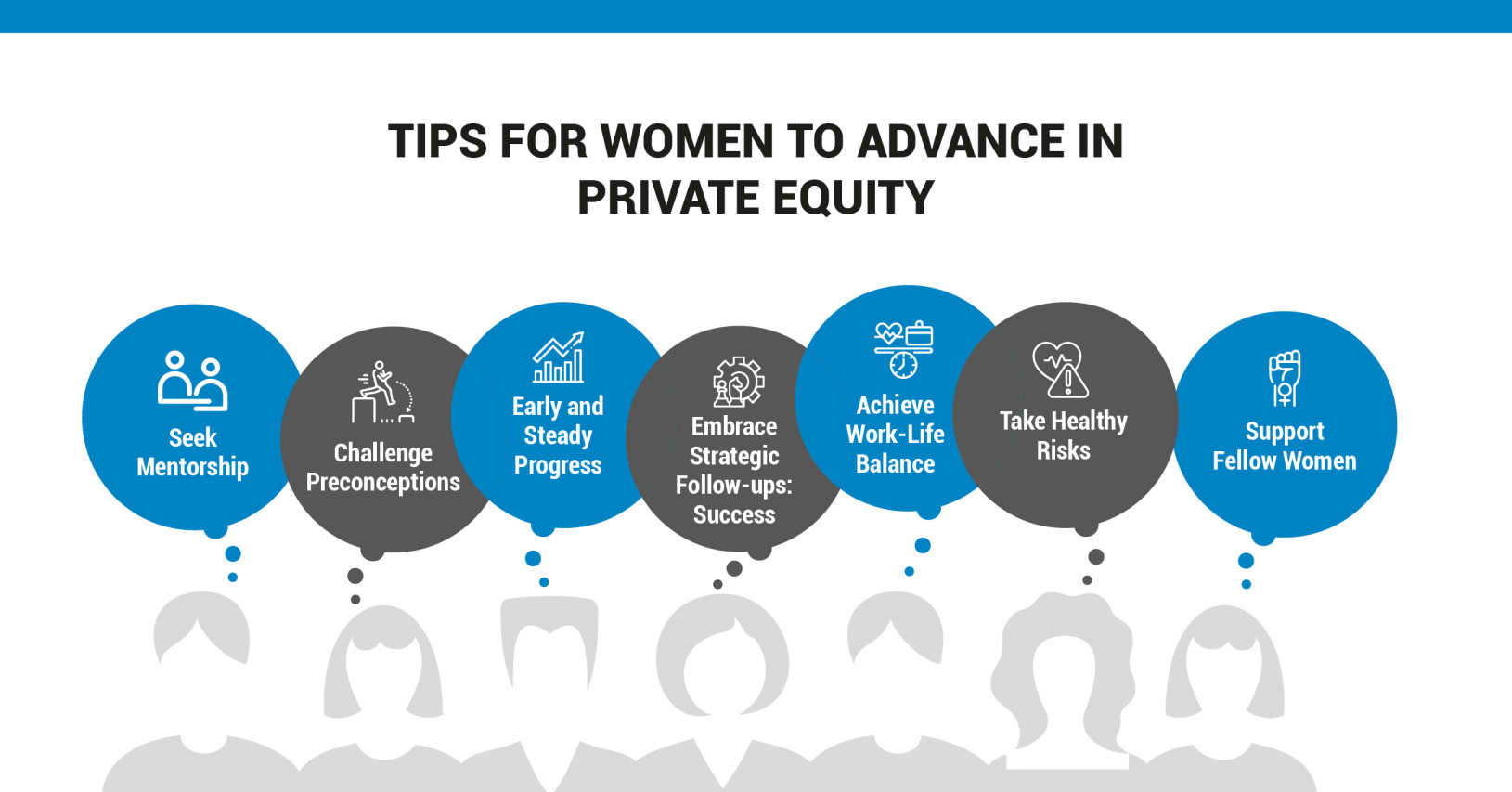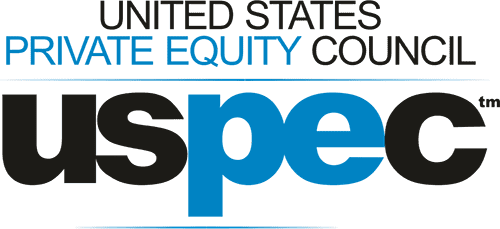Private Equity (PE) has long been perceived as a male-dominated area. But turns out the recent data challenges this assumption, revealing a more nuanced reality. Globally, PE firms have made significant strides towards gender parity at the entry-level, with women in private equity occupying 48 percent of all entry-level roles by the end of 2022.
But the sad news is that the challenge of achieving diverse representation is particularly pronounced in senior-level positions within private equity firms. As per McKinsey, the current pace of progress foretells that it could take up to 60 years to attain gender parity at the managing director level in investing roles. This prolonged timeline underscores the need for concerted efforts to address barriers and promote inclusivity within the industry.
The need is to highlight the increasing participation of women in private equity— traditionally a male-dominated sector. In this blog, we’ll take a look at the prospects of women pursuing a career in private equity—its importance and tips for success.
Understanding the Private Equity Industry
In simple words, Private equity involves acquiring ownership in non-publicly traded companies, allowing high-net-worth individuals and organizations to invest capital. These firms sell the companies or shares later for profit and specialize in sectors like healthcare or technology. Inside, there are limited partners and general partners.
Professionals in the private equity industry typically work for investing entities like pension funds and large private equity firms, supported by substantial investors due to the significant capital required. Since private equity involves handling large amounts of money and making complex decisions, those working in it are usually good at what they do, coming from various fields.
Why Is It Important for More Women to Pursue Private Equity Careers?
Traditionally a male-dominated industry, women in private equity stay slightly underrepresented in operating roles compared to investing roles— comprising only 25 percent of all operating positions. Despite achieving gender parity at the associate level, where 52 percent of roles are held by women, gender diversity declines significantly at higher levels, with women occupying just 21 percent of managing director-level operating positions.
Ewelina Woloszyn, the founder and managing partner of AI Healthcare Capital, who was nominated for inclusion in “The Strong Women in IT 2021 Global Edition” and was selected by the U.S. Department of State to take part in the International Visitor Leadership Program (IVLP), believes that the world needs women to be increasingly involved in critical decision-making processes. This extends to those in the financial industry and PE. She even emphasizes that being involved in such processes means having a voice and more control over where we are going as nations and people.
Furthermore, the presence of more women in private equity can positively impact the funding landscape for women-led companies. Kelly Lineberger, a partner at Ridgemont Equity Partners, a Charlotte, North Carolina-based private equity firm, is convinced that the absence of senior-level women in private equity is disheartening for younger women embarking on their careers in this sector or related fields. But over time as more women choose to remain in the industry, she’s sure that a positive cycle of mentorship is gaining the required momentum.
Increased representation in PE firms enhances the likelihood of recognizing and investing in women-led businesses, as well as facilitating avenues for these companies to access capital.
Tips for Women to Advance in Private Equity

Several big challenges make it difficult for women to maintain and advance their private equity careers. To combat this, here are a few tips and measures to combat this challenge:
- Seek Mentorship: You must actively seek out mentors, regardless of gender, who can provide valuable guidance and support in navigating the complexities of the finance industry. It is important to establish a mentorship relationship that can offer insights into career progression strategies and help in overcoming barriers.
- Challenge Preconceptions: It is now time to break misconceptions about finance. You need to understand that venture capital and private equity offer dynamic, person-centered, and exciting career paths and are open to all aspiring candidates.
- Early and Steady Progress: You can’t rush the process. For a thriving career in private equity, consider starting at the entry associate level in finance and progressively advancing through the ranks. This approach avoids challenges associated with age restrictions in entry-level positions and provides ample opportunities for skill development and career growth. Early entry also facilitates smoother career comebacks after breaks, ensuring a fulfilling and sustainable long-term career trajectory.
-
Embrace Strategic Follow-ups: Success in the industry demands diligent follow-up, attention to detail, and proactive task management. Utilize a robust customer relationship management system to schedule and track hundreds of tasks, ensuring timely follow-ups with companies that may have previously been overlooked or are now ready for engagement.
-
Achieve Work-Life Balance: Parallel to all it is possible to understand that having both a successful career in finance and a fulfilling family life is a necessity. While achieving work-life balance may involve trade-offs, it's essential to prioritize personal well-being and establish boundaries to effectively manage professional responsibilities and family commitments.
-
Take Healthy Risks: For growth in PE, you need to level up and venture into riskier territories, presenting a distinct challenge. To effectively navigate such challenges, you require a comprehensive understanding of leveraging tools, such as acquisition strategies and convertible debt, to ensure a strategic and successful approach to expansion.
-
Support Fellow Women: Lastly, acknowledge the unique challenges women face in the finance industry and actively support each other. Female leaders can play a pivotal role in creating opportunities for advancement by attracting, educating, and retaining qualified female candidates.
How to Start Your Private Equity Career?
These pathways will help you to enter the private equity industry:
- Internships: Secure internships during college, especially in complementary fields like investment banking, venture capital, or asset management. While direct entry is challenging, gaining experience first can enhance your chances.
- Obtain a Master's Degree: Consider pursuing a master's in finance or an MBA from a reputable institution after gaining a few years of work experience. Plan strategically and leverage networking opportunities, as age can be a factor for top private equity firms.
- Opt for Certification Programs: Certification programs serve as valuable tools to showcase dedication and enhance one's chances of securing an interview. Whether you're new to the industry or seeking to enter it, certification programs are ideal for mastering the current key concepts and making a significant impact.
-
Develop Required Skills: For a career in private equity, you need to develop essential technical skills like financial modeling, valuations, financial analysis, deal structuring, LBO modeling, and other similar concepts alongside networking.
End Note
Unified efforts to promote diversity and inclusion within finance organizations can enhance the presence of women in leadership positions in private equity firms. This fosters a more inclusive and equitable landscape within the industry celebrating the diversity of colleagues and pursuing innovation without judgment.








